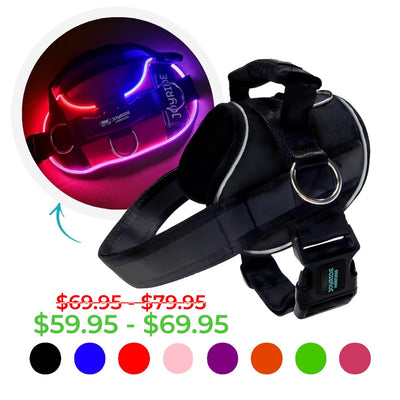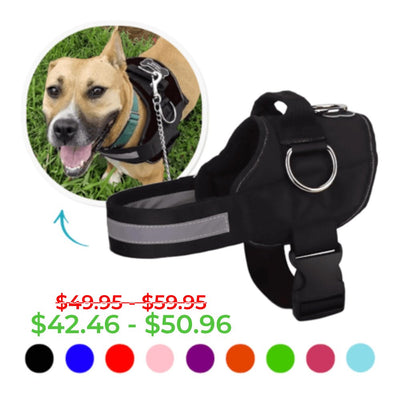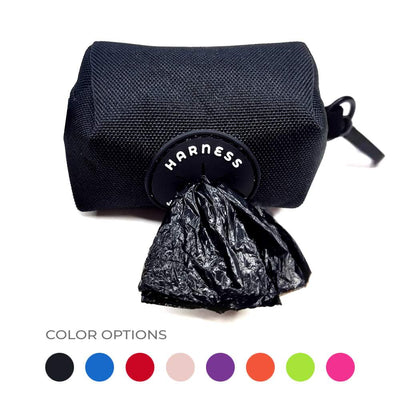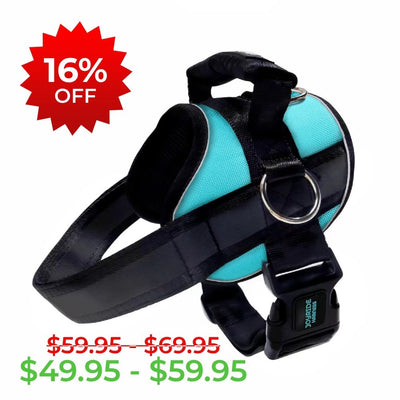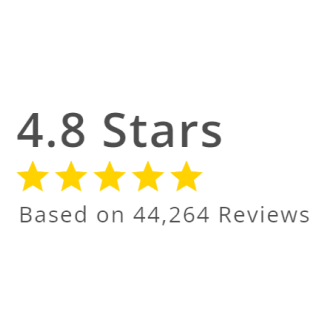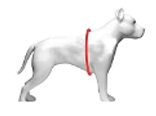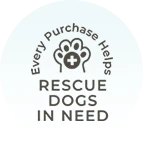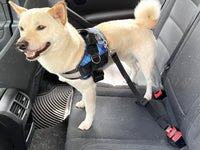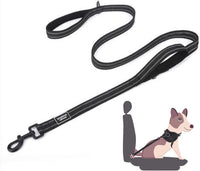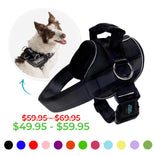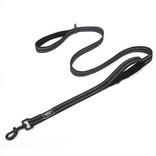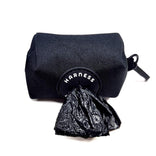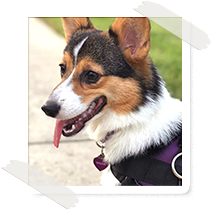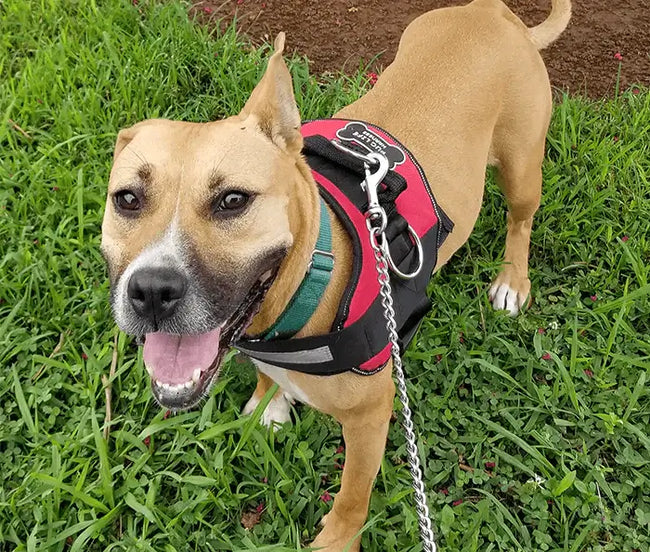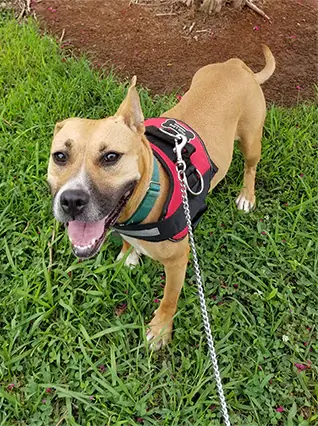Why does my dog have the hiccups?

You know hiccups well when you'd rather not know them at all. When you have a human hiccup, you feel your abdomen tighten as your vocal cords let out that dreaded hiccup sound, and you don't know when it will stop.
According to WebMD, in their description of hiccups, "Normally, the diaphragm, a dome-shaped muscle between your lungs and stomach, pulls down when you inhale to let air into your lungs, and then relaxes when you exhale so air can flow back out of your lungs to exit your nose and mouth. But if something irritates your diaphragm, it can spasm, forcing you to suddenly suck air into your throat, where it hits your voice box. That makes your vocal cords suddenly close, creating the distinct “hic!” sound."
What does it mean when our dogs experience this? Adult dog hiccups and puppy hiccups can be alarming to pet owners. You don't want your pooch to deal with hiccups as you do. When you see your dog experience hiccups, you start asking yourself a slew of questions like...
Does my dog have pneumonia?
Is there something wrong with my dog's breathing pattern?
Is it asthma?
Do I need to take my dog to the veterinarian?
In this blog post, we explore dog hiccups and when you should be concerned about a bout of hiccups.
About Dog Hiccups
With reference to Dr. Audrey J. Wystrach, the co-founder and operating officer of an Austin veterinary practice, PetMD shares a similar description of hiccups but from the angle of when a dog experiences hiccups. They share, "When a dog breathes in, the diaphragm contracts and moves downward, making more room in the chest cavity for the lungs to expand. When a dog breathes out, the diaphragm relaxes and moves up into the chest cavity. Normally, the movements of the diaphragm are smooth and regular, but when the muscle suddenly spasms, we call it a hiccup."
They also report that dog hiccups are more commonly seen with puppies than with adult dogs or older dogs. Why? It's because puppies are more energized and excited which increases the chances of a lot of air being taken in and causing a diaphragm spasm.
Is it pneumonia? Is it a sign of a serious problem?
In rare cases, your dog may experience chronic hiccups or persistent hiccups, which could be an indicator of a health issue at play. Alternatively, chronic hiccups or persistent hiccups can cause health issues themselves. It's always a good idea to closely monitor your dog or pup if you see them experiencing hiccups, because some of those health issues that can be the cause of hiccups include pneumonia, kidney failure, lung tumors, and digestive issues (pay attention to loss of appetite or signs of an upset tummy when your dog experiences hiccups).
Another cause of dog hiccups is stress. Both stress and excitement yield the same bodily responses of increased heart rate, the breathing muscles - the diaphragm - prepares itself, and your dog starts panting more and more. As a result of this, your dog's intake of air increases. It's not just air that can act as an irritant and stir up hiccups.
According to Breeding Business, certain vet prescribed medications (such as corticosteroids, antibiotics, opioid pain relievers, chemotherapy medications, and benzodiazephines) can irritate the esophagus which then results in acid reflux and some obstruction of the airways. The irritation in your dog's throat and stomach is further irritated by the acid reflux.
How do you help your dog when it comes to hiccups?
Whether you're a seasoned pet owner or a first-time pet owner, it's up to you to care for your dog. It becomes basic instinct, and even though hiccups eventually subside in minutes, you want to help. With your dog's hiccups at play, you have a sense that your dog's diaphragm and dog's chest are in distress, so what can you do to help them?
One popular tip is a home remedy and that's to sweeten their water. Some pet owners use honey or maple syrup while others use a spoonful of sugar. This method of sweetening the water acts as a distraction for your dogs which can then change and relax your dog and their heavy breathing or irregular breathing in this circumstance.
Another tip that's recommended is used to prevent hiccups: When you fill your dog's food bowl with kibble, you can add a golf ball or tennis ball (depending on the size of the bowl) to slow your dog from eating. They have to work around the bowl to get their food. By doing this, you help prevent your dog from taking in too much air, ultimately preventing diaphragm muscle irritants and diaphragm spasms. Alternatively, you can find slow feeders to put in place of their dog bowls.
When should you seek help from a veterinarian?
Remember those rare cases we talked about? If your dog has chronic hiccups or persistent hiccups, it's best to have your pup seen by a vet to determine which of the various conditions could be causing this stress. Keep an eye out for difficulty breathing, lethargy, diarrhea, etc. - the usual suspects of underlying health issues.
The vet can properly diagnose your dog, either ruling out the hiccups as harmful or determine if action must be taken. If medication is prescribed, it's for underlying health issues and not to treat the dog's hiccups itself.
This is just a sampling of tips and informational posts we offer at Joyride Harness. You can find more content including tips and tricks and how-tos for caring for your dog on our blog in this section.

